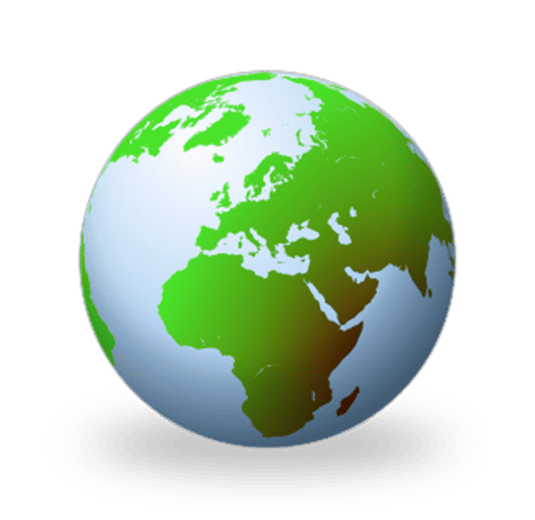International copyright treaties automatically protect the United States copyrighted works throughout most of the world, although that protection may be more limited outside the US, as this US Copyright Office circular explains.
Patent law, however, is quite different. A US patent only protects the inventor against infringement in the US. There’s no such thing as an “international patent,” and patent applications must be filed separately in each country (or region) in which the inventor seeks protection.
Some mechanisms make multi-country patent protection easier. For example. The Patent Cooperation Treaty (PCT) lets applicants file one application and simultaneously seek protection in a large number of countries – 153 at the moment.
If an inventor is seeking patent protection both in the US and abroad, where’s the “best” place to start?
This depends on several issues:
-
- Where was the invention invented? Normally, an invention made in the US should first be patented in the US, and an invention made abroad should first be patented in that country.
- Where are the inventors from, and where do they live? Some rules about this are discussed here. When multiple inventors are from different countries, that complicates the issue.
- Is the invention subject to export control regulations? If a US invention deals with technology that’s a matter of national security – such as certain weapons, atomic energy, encryption, etc. — 35 U.S.C. 181 applies and a patent application can’t be filed in another country.
For inventions made in the US and many other countries, a foreign filing license may be required before a patent application can be filed in another country. This is to prevent the export of information that may affect national security.
Penalties for failing to comply with foreign license requirements can include fines, invalidating the patent, and even imprisonment!
This recent ABA article explains more about foreign filing licenses in the US, China, India, and other countries.
Just like the haiku above, we like to keep our posts short and sweet. Hopefully, you found this bite-sized information helpful. If you would like more information, please do not hesitate to contact us here.


